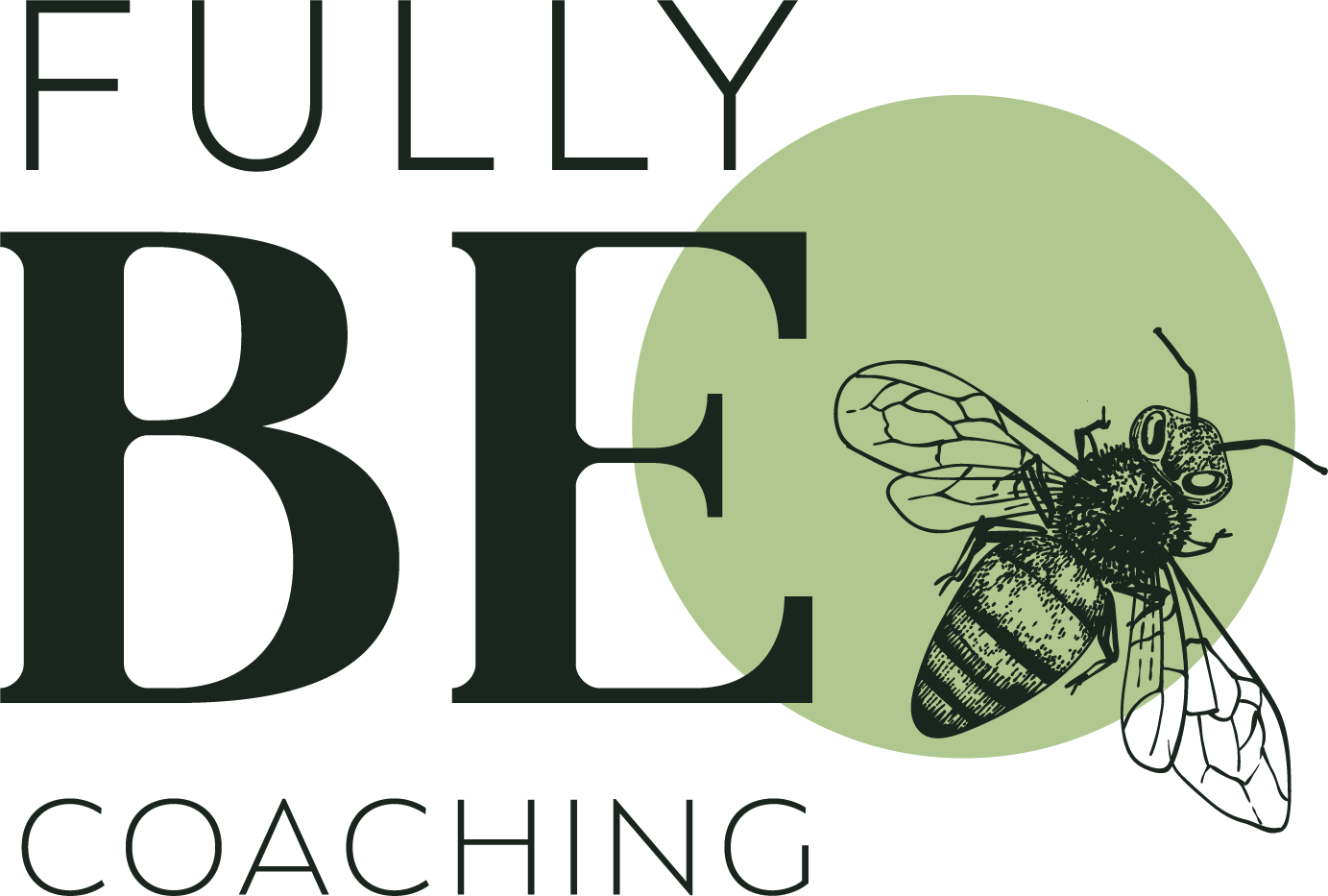How to Choose the Right Coach (and why I’m no longer calling myself a coach for doctors)
When you’re investing time and money in coaching, you want to be sure it’s right for you.
Chances are, if you’re considering working with a life or career coach, you’re navigating a big change. Maybe it’s burnout, a health issue, a shift in role, or a relocation.
You’re someone who cares deeply, works hard, and has always followed a trusted path to find success. But this time, something’s changed. You’re feeling less sure of your next step, and you’re looking for clarity and peace of mind.
Choosing the right coach can be transformative, but only if it feels like a good fit. So how do you find the right match?
Here are four tips to help you choose the coach that’s right for you, plus a little more about how my own coaching practice is evolving.
1. Get Clear on What You’re Looking For
What do you need right now?
Clarity? A space to talk things through? Someone to tell you what to do? (Let’s be honest, sometimes we all want that last one!)
It’s worth asking yourself whether you’re looking for a therapist, a mentor, a coach, or some combination of all three. These roles often overlap, but there are key differences. You can read more about that in this article from PositivePsychology.com.
In short:
A therapist helps you heal and process the past.
A mentor shares advice from their own experience.
A coach partners with you to help you create the future you want.
A professionally trained, accredited life or career coach (ideally with a credential from a body like the International Coaching Federation ) provides a confidential, non-judgemental space for reflection. They support you to get clear on who you are and where you’re heading.
A coach won’t tell you what to do (even if you wish they would!). Instead, they’ll listen deeply and guide you through conversations that help uncover your own answers. Coaching helps you build self-trust, make decisions with confidence, and set meaningful goals.
The best part of my work is when clients rediscover their strength, skills, and confidence - especially in the midst of big, uncertain transitions.
Future doctors?
2. Look Beyond Job Titles (Including Mine)
Many coaches, including me, have wrestled with how to describe who they work with. It can feel like saying, “I only work with X kind of person.” But that’s not what niching is really about.
Instead, a niche helps you, the client, find someone who understands the kinds of challenges you’re facing. It’s a bit like choosing a cleaner. Are you looking for someone to deep clean a four-bedroom house, manage an office daily, or keep a small flat ticking over? It’s all cleaning but the tools and focus are different.
For a long time, I described myself as a coach for doctors.
Why? Because I trained as a doctor and worked in a clinical environment for a short time. I know the culture, the pressures, and the unspoken expectations. I “speak doctor” - mostly.
I care deeply about doctors. I left medicine after experiencing burnout, anxiety, and a painful loss of confidence. I thought I was the only one, that I’d made a mistake and that I ‘just’ had to walk away.
I’m now an ambassador for Doctors in Distress, a charity working to end suicide in healthcare professionals and to protect the mental wellbeing of doctors and others working in NHS.
I also co-host the Fully Well Doc Pod, where we are on a mission to improve the wellbeing of doctors on both personal and institutional levels, by sharing conversations with experts and individuals taking action in this space.
But here’s the truth: I don’t only coach doctors. And I don’t coach all doctors.
I work with compassionate, conscientious, hard-working professionals, who are navigating a new chapter of life. Some happen to be doctors, but others work in a number of different sectors.
What unites them isn’t a job title. It’s a turning point.
Burnout. Relocation. A health diagnosis. A role change. Something has shaken things up, and they want to find a way forward that feels true to them.
That’s who I coach.
Yes, I have a medical background and personal experience of career change. But I’ve also lived abroad twice, navigated becoming a mother twice, recovered from three serious illnesses - all while reshaping my sense of identity more than once.
So I’m no longer calling myself a coach for doctors.
I’m a coach for caring, capable professionals who want clarity and confidence in a time of change. Is that you?
And now back to tips on choosing your best fit coach.
3. Always Have a Conversation First
Most coaches offer a free introductory call, and you should absolutely take them up on it.
By the way, I now offer a free 45 minute clarity call, with most of this being a free coaching session, so you can experience what it’s like to work with me.
That first conversation with a coach is your chance to get a feel for their energy, ask questions, and see how it feels to be supported by them.
You might want to ask:
How are you trained?
What does support look like between sessions?
What happens if I feel stuck or overwhelmed?
What’s your coaching style?
Pay attention to how they respond and how you feel as you talk. Do you feel safe, heard, understood?
A good coach won’t try to push you into signing up. They’ll give you space to decide.
Toby the dog feels very safe around me
4. Choose a coach you feel safe with
Coaching is a deeply personal relationship. You don’t need to pick the coach with the most credentials, the biggest following, or the same job history as you.
You need to choose someone who makes you feel like you can show up as your full self.
Someone who gets it, without needing you to explain everything. Someone who holds space for your uncertainty, without trying to fix you.
Someone who helps you tap back into your own wisdom, strength, and direction.
Trust your gut when it comes to how you feel when speaking with a coach.
Ready to Take the Next Step?
If you’re a caring, purpose-driven professional going through a big transition, and you’re feeling uncharacteristically unsure of what’s next, I’d love to meet you.
You don’t need to have all the answers. That’s what we’ll figure out together.
Book your free, no-pressure intro chat , or explore how I work.
We’ll start wherever you are. And we’ll move forward from there—with compassion, clarity, and courage.
Make it stand out
Whatever it is, the way you tell your story online can make all the difference.
Skipped to the end? Here’s what you missed:
Choosing the right coach starts with getting clear on what kind of support you’re looking for.
A good coach won’t tell you what to do. Instead, they’ll listen deeply, ask thoughtful questions, and help you find your own answers.
Job titles don’t matter as much as shared understanding and experience. I’ve worked with doctors, yes - but also with many other brilliant, caring, skilled professionals going through big changes.
I’m no longer calling myself a “coach for doctors” because my work is about people, not professions. If you’re kind, hardworking, and feel uncharacteristically stuck or uncertain—I’m here for you.
And finally, always book a free intro chat. It’s the best way to see if the coach you’re considering feels like the right fit.
I offer a free coaching session and clarity call combined - book anytime!





